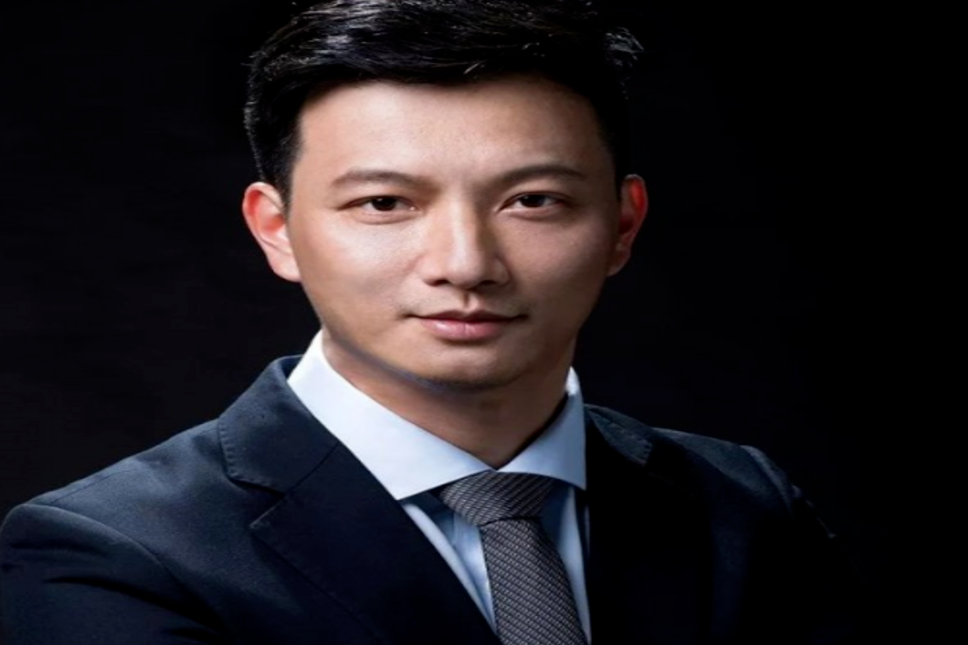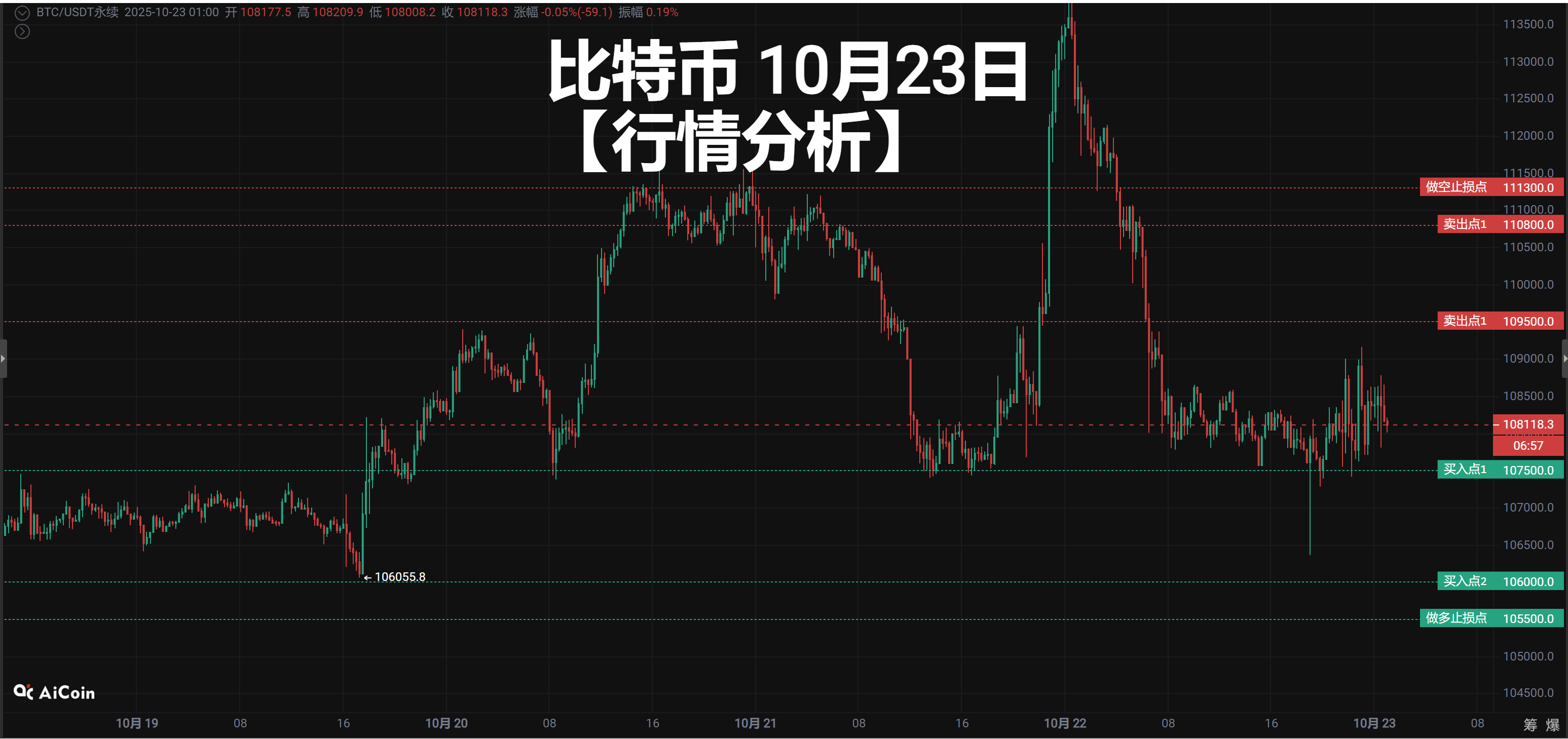During this period, many media outlets online have been discussing a suddenly emerging ZK (Zero-Knowledge Proof) project in the Ethereum ecosystem, @brevis_zk.
This project has profound implications for the future development of Ethereum itself and the Ethereum ecosystem.
I started paying attention to ZK technology mainly from the growth of Ethereum's Layer 2 scaling.
From a broad perspective, Ethereum's Layer 2 scaling has two development paths: one is the OP route based on submitting "fault proofs"; the other is the ZK route based on submitting ZK (Zero-Knowledge Proof).
In terms of implementation, the OP route is easier to deploy and implement, but it is not as secure as ZK. ZK can theoretically verify the validity of each transaction, providing ideal security guarantees, but it requires a lot of computation, making it resource-intensive and time-consuming to implement, which was very challenging a few years ago.
Over the years, many Layer 2 scaling projects have chosen the easier OP technical path, both to secure their position in the race and to seize opportunities to develop their ecosystems. Gradually, the OP faction has become mainstream in the Layer 2 scaling ecosystem. Currently, the top three in the TVL rankings for Layer 2 scaling are all based on OP technology.
Although ZK technology seems to be losing its advantage in the competition for Layer 2 scaling, Vitalik has remained steadfast in his commitment to and promotion of ZK technology over the years.
I estimate that there are two important reasons for this:
First, to make Ethereum applicable to various commercial scenarios, it needs to support privacy technologies. Among the various privacy technologies available, ZK is relatively mature, making it increasingly urgent to implement support for ZK technology on the Ethereum mainnet.
Second, to achieve higher-level scaling for Ethereum based on Layer 2 scaling as quickly as possible, ZK technology currently appears to be a feasible option.
The second point is particularly noteworthy.
In the current Ethereum architecture, for each transaction during execution, every node must run each step involved in the transaction (which can generally be understood as executing each line of code in the smart contract) and verify the validity of the results. The more complex the transaction (the more code in the smart contract), the more steps need to be executed, and the longer it takes.
In this case, the overall operational efficiency of Ethereum cannot be high.
To improve the efficiency of the Ethereum mainnet, a feasible approach is to raise the GAS limit. However, continuously increasing the GAS limit results in a heavier burden on nodes, ultimately leading to high hardware performance requirements for running an Ethereum node.
This would harm Ethereum's decentralization, allowing a few players with the capability to operate high-performance hardware to monopolize node operation.
How can ZK technology solve this problem?
It can be understood that it completes each step involved in the transaction off-chain, generating some intermediate results (also known as "producing proofs") in the process, but ultimately it packages these intermediate results ("produced proofs") and sends them to Ethereum. When the Ethereum mainnet receives these results, it only needs to perform verification calculations on them.
This way, the burden on the Ethereum mainnet is significantly reduced. It no longer needs to execute the cumbersome transaction steps; it only needs to perform verification calculations. This type of calculation is lightweight and quick, and can be completed with lower-cost hardware.
Theoretically, after using ZK technology, Ethereum can achieve large-scale scaling without compromising decentralization.
Since ZK technology is so ideal, why couldn't it be widely adopted several years ago?
The problem was that the ZK technology at that time took a long time to produce proofs, and to shorten this time, high-performance hardware was necessary.
Now, after years of rapid technological development, ZK technology has achieved quite good results. According to data released by @brevis_zk, after using its ZK technology, 99.6% of Ethereum blocks can complete proof in 12 seconds, and 96.8% of blocks can complete proof in 10 seconds.
And 12 seconds is the average time for Ethereum to produce a block.
This means that using ZK technology now does not affect Ethereum's current operation at all, and it can continue to achieve significant scaling under the current conditions.
If we also consider Layer 2 scaling for Ethereum, it can basically be said that after using ZK technology, Ethereum's performance and efficiency will no longer be a strongly criticized shortcoming or obstacle in the short term.
This is why the @brevis_zk project has garnered significant attention from community members, including Vitalik.
Returning to the @brevis_zk project.
It has not yet issued tokens, and many users are completing various operations on it, of course, with the aim of a potential future airdrop.
However, based on my past experience, projects that are overly hyped and highlighted before token issuance often end up disappointing and faltering.
Therefore, I take a cautious attitude towards this project. I advise our readers to act within their means, not to expend too much energy and time without considering their own situation, and to participate moderately when they have the time and leisure.
I say this not because the project is bad. It is very good. But the quality of a project is often not closely related to the short-term price trends of its tokens.
The most impressive aspect of this project is not the project itself, but that it technically proves that ZK technology can indeed be implemented, making large-scale scaling of Ethereum a visible reality.
With this project as a demonstration, I believe that a plethora of ZK technology solutions will emerge in the future. We will then witness a wave of explosive growth in scaling technologies.
免责声明:本文章仅代表作者个人观点,不代表本平台的立场和观点。本文章仅供信息分享,不构成对任何人的任何投资建议。用户与作者之间的任何争议,与本平台无关。如网页中刊载的文章或图片涉及侵权,请提供相关的权利证明和身份证明发送邮件到support@aicoin.com,本平台相关工作人员将会进行核查。




